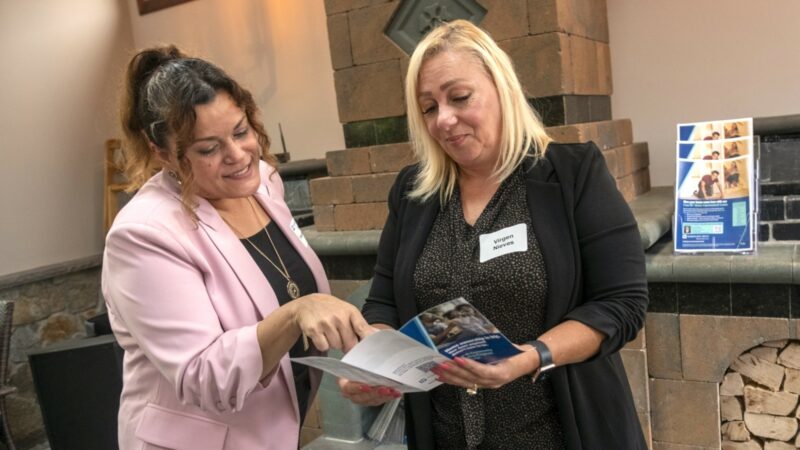Benefits of Charitable Giving

We've all heard the adage, it's better to give than receive. Helping someone in need makes us feel good, reminds us of what we do have and is just the right thing to do. And being charitable is also a big part of what helps our country run. According to Charity Navigator, in 2017 total giving was over $410 billion, or about 2.1% of GDP! Read on to learn about ways you can be a "giver" while also "receiving" some excellent benefits.
Deciding where to give
Think about what kind of difference you want your money to make. Are you affected by humanitarian issues like hunger, homelessness, poverty or illiteracy? Maybe you want to support the arts or education or healthcare issues. Is there a church or other religious organization you attend and want to support regularly? Do you want to advocate for the disabled or support research for a specific disease? Do you have a passion for animals or the environment? Do you want to make an impact at a local, national or international level?
Once you decide where and how you would like to make a difference, do some research to find out how your money will work. Look at specific charities to determine their mission and how they intend to implement it. Investigate how much money is spent on the actual mission—programs, services and research—and how much is spent on fundraising and administration. Understand how the organization measures and reports its results so you know if your money is working.
Eligibility
If you're looking for a tax deduction for your donation, be sure the organization you are giving to is eligible. Most donations to charitable organizations are tax-deductible. Be sure to check for the 501(c)(3) designation to ensure it qualifies. Churches and some religious groups are not required to file for the 501(c)(3) designation, but are still considered tax-deductible. Check the IRS website for confirmation.
Donating goods, such as clothing and household items, must be in "good condition or better" according to the IRS. Get a receipt from the organization and itemize the items you have donated with their fair market value. If the value of your goods is greater than $500, you will have to file a separate form with the IRS.
How to be a savvy donor
Here are a few tips offered by Charity Navigator, an independent charity evaluator, to help you become a savvy donor.
Be proactive in your giving. Take the time to research your decision and identify which causes are important to you.
Hang up the phone to eliminate the middleman. When you receive a call from a telemarketer, hang up and investigate the charity on-line. Then send your contribution directly to the charity. This eliminates the middleman and their "cut" of your donation.
Be careful of sound-alike names. Don't be confused by charities that have strikingly similar names to others. Be sure to do your research before making a donation.
Confirm 501(c)(3) status. This not only ensures the validity of the organization, but also provides you the option of taking a tax deduction.
Check the charity's commitment to donor's rights. Look for the donor privacy policy whereby the organization promises to never sell or trade your contact information.
Concentrate your giving. If you've really taken the time to identify a well-run charity that is engaged in a cause that you are passionate about, you should then feel confident in giving it a donation. Spreading your money among multiple organizations diminishes the possibility of these groups bringing about substantive change, as each charity must spend a percentage of your gift on fundraising and overhead expenses.
Committing your support to a charitable organization can be a satisfying decision. Your financial support helps to propel forward a cause close to your heart while helping you feel you are a part of that success. It also offers the financial benefit of tax deductions and the knowledge you are helping a worthy cause. As with any financial decision, be sure to investigate the organization before committing your money.
Contact a Trusted Advisor
For more information or to speak with one of our trusted advisors about your unique financial needs, contact us at 800-475-2265 or submit an online form.











